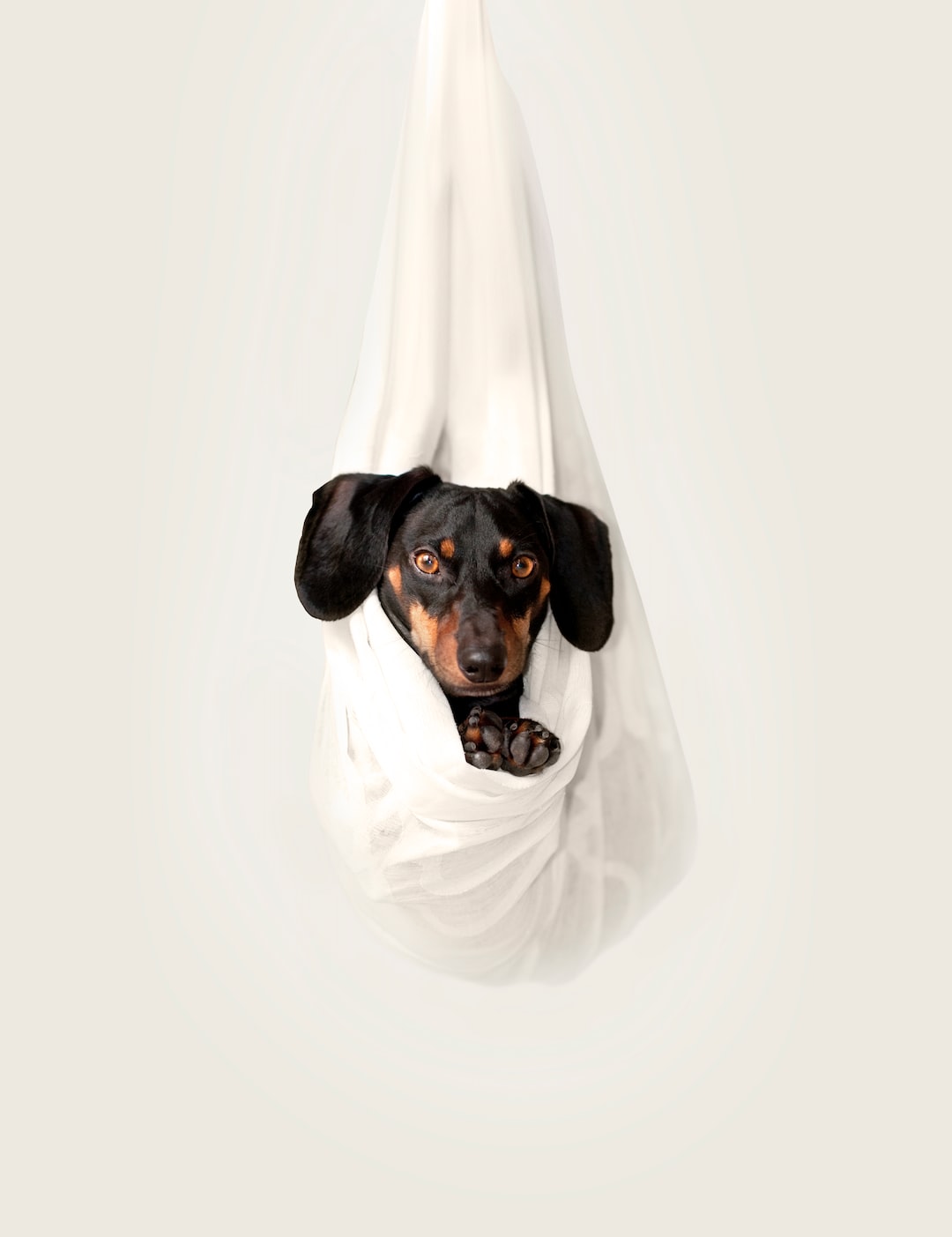As a pet owner, one of the most challenging situations you may face is dealing with pet aggression toward other animals. Whether you have a dog, cat, or any other furry friend, it is entirely possible that your pet may become aggressive toward other animals. However, it is important to understand that aggressive behavior can be an innate trait in some pets due to their breed or upbringings, or it can also be a learned behavior that can be modified with proper training and behavior management.
Here are some effective strategies to help you deal with pet aggression toward other animals:
1. Determine the Cause of Aggression
The first step in dealing with pet aggression is understanding the root cause behind it. There are several reasons why a pet may become aggressive toward other animals. Some of the common reasons include:
– Territorial behavior
– Fear or anxiety of other animals
– Dominance behavior
– Hormonal imbalance
– Pain or discomfort
– Past traumatic experience
Once you figure out the trigger behind the aggression, you can take the necessary steps to help your pet overcome it.
2. Socialize Your Pet
Socializing your pet with other animals from a young age can help prevent aggressive behavior towards other animals. Although this may not work out for older pets, it is still important to expose them to other animals slowly and in a controlled environment to ensure a positive experience.
3. Positive Reinforcement Training
Pet aggression can be controlled with positive reinforcement training, which involves rewarding your pet when he or she displays non-aggressive behavior. This can be achieved by providing treats or toys when your pet is calm around other animals and takes a step back from their aggressive behavior. Additionally, this can help strengthen the bond between you and your pet.
4. Teach Them Commands
Teaching your pet basic commands such as ‘stop,’ ‘sit,’ and ‘come’ can be a huge help in situations where they may become aggressive toward other animals. Commands can redirect your pet’s focus and change negative behavior into a positive action. Over time, repetitive coaching can make a huge difference in your pet’s reactions towards other animals.
5. Consult with a Professional
If you are still having trouble dealing with your pet’s aggression towards other animals despite your efforts, seeking professional help from a specialist trainer or behaviorist is highly recommended. They will help you identify the root cause of your pet’s aggressive behaviour(s) and provide effective training tools and behavioural solutions to manage the aggression.
In conclusion, an aggressive pet can be a significant problem and even cause dangerous situations around other animals. However, with appropriate training and patience, your pet can learn to change their behaviour in a positive way. As a pet owner, it is important to understand that aggression is an instinctual response that can be modified with positive reinforcement, structured training, appropriate socialization, and intervention by professionals if needed. Take your time and work with your pet to ensure a happy and peaceful co-existence with other animals.

